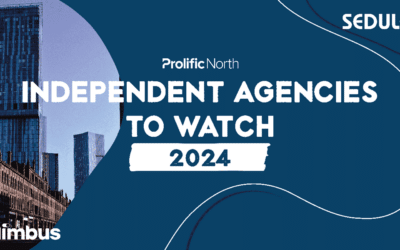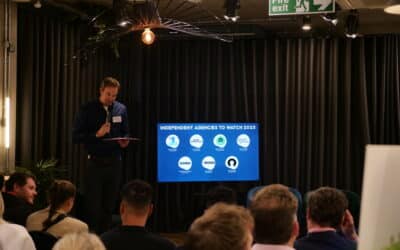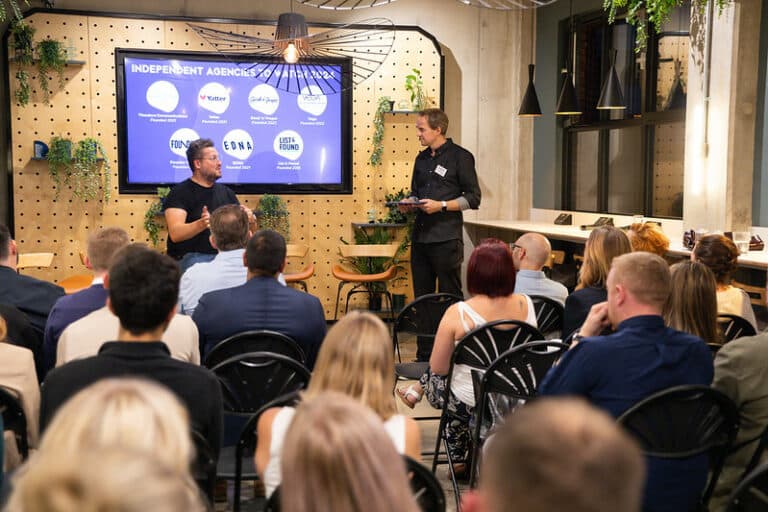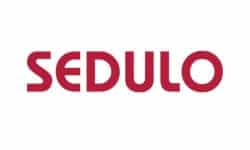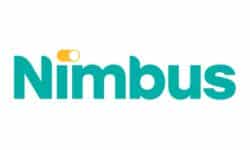Leaders across the North of England and Scotland recently united for a special event centered around the reveal of Prolific North’s Independent Agencies to Watch list for 2024.
Sponsored by Sedulo and Nimbus Hosting, it marks the second year of this initiative from Prolific North, with the list designed to celebrate a fresh wave of ambitious independent agencies who are creating the biggest waves as they grow, be that financially, creatively or as an employer. If you missed it, you can read all about the 15 independent agencies to watch for 2024 over on the full list here.
At the event on the 19 September hosted at Colony One Silk Street in Manchester, attendees came together to have an exclusive first look at the list plus hear plenty of essential insights from leaders at established independent agencies on their successes, challenges and a discussion on the best ownership structures for indies.
Following a welcome from both Sedulo and Nimbus Hosting, the event kicked off with a fireside chat with Michael Heaven, who has been at the forefront of agency operations and growth for over a decade, and is now co-founder and managing director of Butterfly 3ffect.
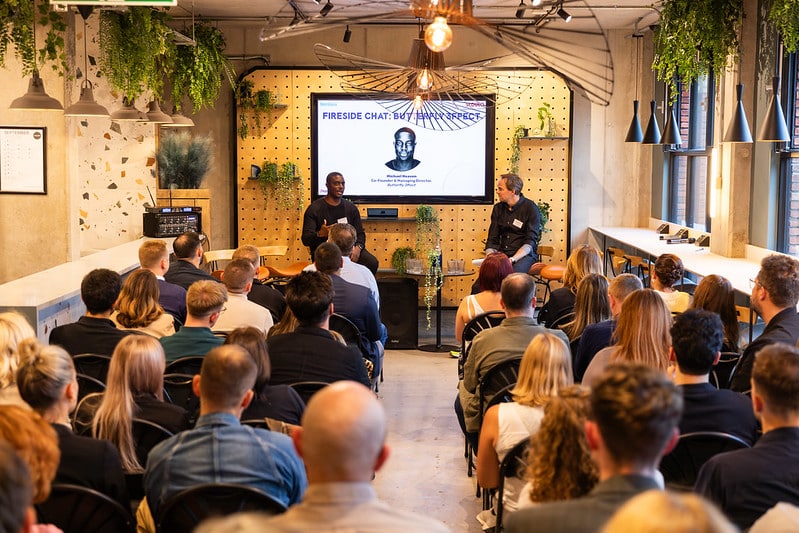
First delving into his impressive career, he explained how he was one of the founding employees of Social Chain and how the agency boomed thanks to a meme that “blew up”. The more attention the agency attracted, the more opportunities it received.
Early on in Social Chain’s journey, there were plenty of “trials and tribulations” along the way. As part of the company’s expansion to the US, he was one of a handful of people that moved to New York which he admits was a “really daunting challenge” trying to take on America.
After he left the business six and a half years later, he took on an opportunity to work at an agency in Atlanta in a senior leadership role where he worked on virtual influencers for product launches with the likes of Samsung.
Then last year, he set up £2m+ turnover agency Butterfly 3ffect with Elfried Samba, who formerly worked as head of social at Gymshark. First meeting at university where they became friends, the duo continued to keep in touch over the years.
After chatting about some of the challenges across the agency landscape, they decided to team up to launch Butterfly 3ffect. Although the agency has staff based in Manchester and across London, their mission is to be remote-first to create “more value for clients”.
Some of the agency’s operations are “powered by AI”, allowing Butterfly 3ffect to go from brief to proposal “very quickly” in around half a day. By automating proposals, it has enabled the agency to be “faster”.
But it has not all been smooth sailing. Initially, a venture capital company agreed to be an anchor client for two years then unexpectedly “went under”. The duo were left on their own to “figure out things” and how to fund the agency themselves.
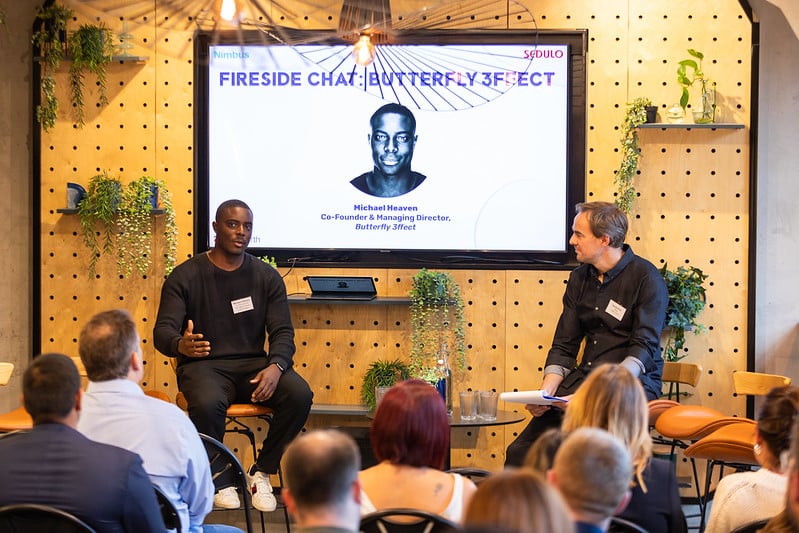
“We had to put our money where our mouth is, back ourselves and get ourselves to profitability faster than our initial business plan. That seems to have worked!”
Although the pressure is still there, the “momentum” is growing. Now, there are around 12 team members at the agency who are the “architects” of creative ideas with the addition of a pool of contractors for specific projects who bring those ideas “to life”.
“Diversity of thought” is another key part of the agency’s mission, from race through to geographical location.
Generally, he believes the agency world is “too narrow-minded” when it comes to experience. Referencing a recent report into how the PR world is London centric, to overcome those challenges leaders need to be “more open to having people from different parts of the world or country involved in some of these creative challenges we’re trying to solve as an industry”.
At Butterfly 3ffect, the agency plans to pave a way to support people, from young people to school leavers, who want to enter the industry.
“The only way we’re going to grow is through recruiting people who are already in the industry, but also creating some pathways for people to enter the industry as well.”
In terms of services, the agency has ambitions to go beyond having a core team of 12 generalists and develop specialisms. But there is no grand “plan for the future”, as he explains the agency wants to follow opportunities as they arise and “do good work and put that out there”.
As the full list of 15 agencies to watch were revealed, there were a handful of mini fireside chats from leaders on the list who shared their candid founder stories featuring Rachael Sullivan, co-founder of Theodore Communications; Chris Bardsley, founder of List & Found; plus Rowan Morrison, co-managing director at Rationale and Paul Saag, Rationale’s creative director.
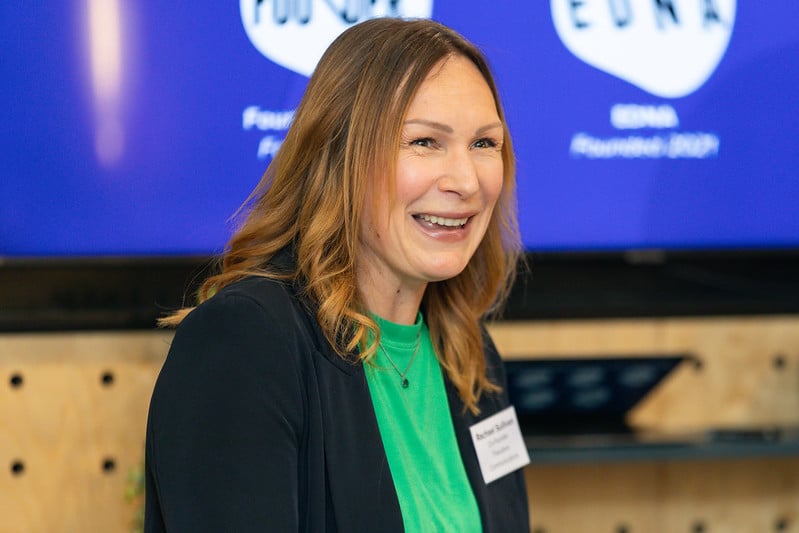
A dedicated panel session on the future of independent agencies and a discussion on the best ownership structure for indies followed, featuring agency leaders Sam Gregory, co-CEO of Tangerine; Mark Hancock, managing director at ZUT; Louise Vaughan, co-founder and chief client officer at Definition; Alex Willcocks, founder and managing director at Engage Interactive; and Russell McGrath, senior business development manager at Sedulo.
David Prior, editor of Prolific North, first asked the panel about the benefits of being at an independent agency. Alex Willcocks, founder and managing director at Engage Interactive, highlighted the “exciting” autonomy of being able to “shape the business how you want” from culture, growth strategy to propositions. As a B Corp agency, he says it’s almost like “answering to a higher power”.
For Sam Gregory, co-CEO of Tangerine, being independent has been “hugely beneficial” for the agency that is now 22 years old. When growing the agencies, there have been challenges from a difficult market to tricky clients, yet being an independent agency means the business can make its “own decisions” on how to navigate those storms.
“If we’re working with a client and we just don’t like the way it’s going, we can walk away. If we were part of a network business, we would never be able to do that,” she says.
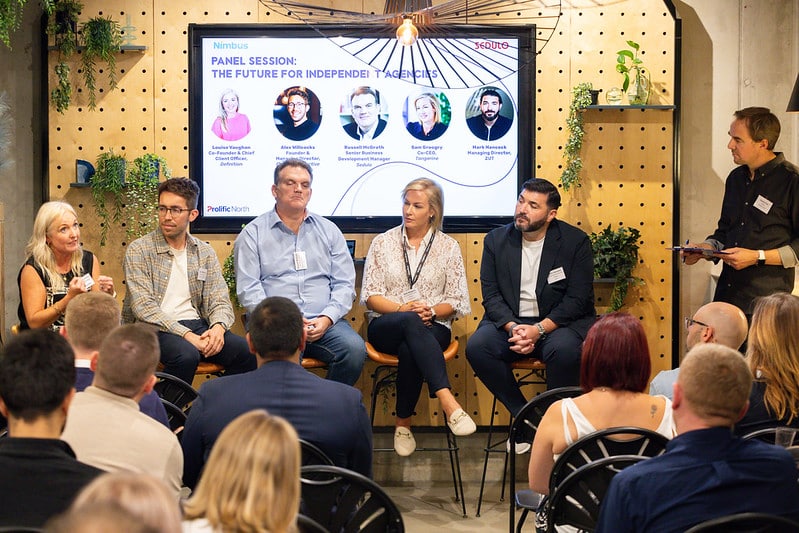
Over at ZUT, managing director Mark Hancock says the benefits are being able to offer a “really personal touch” for clients. Not being part of a big network allows the agency to get “really close with clients and understand them” which is where most of ZUT’s successes have come from.
For Louise Vaughan, co-founder and chief client officer at Definition, remaining independent and retaining that feel of independence has been “really important” for the agency which has grown quickly through acquisition.
“Part of the offer that we created was you still get to have a say in what you do and how you do it. We’ve been really careful that the cultures align with the businesses that we have brought together,” she explains.
“If you’re an independent, you can really mold the opportunity for a founder and a senior team to create what they want to get out of that relationship.”
On common mistakes and lessons learnt over the years, Hancock (ZUT) says in the early days the agency “didn’t invest enough time” in getting the culture right, often hiring the wrong people. But fast forward to today, it’s the “best it’s ever been”.
Gregory (Tangerine) agrees on culture and the importance of maintaining values as an independent agency grows in size, as well as working with brands that are “like-minded” with the same values and attitude in how you operate as a business.
For Willcocks (Engage Interactive), when the agency was “smaller” and earlier on in its journey, there were “more risks” but when the agency scaled, it has become more “risk averse”. A big learning has been on keeping the “entrepreneurial spirit” alive such as staying ahead on evolving technologies like AI.
Vaughan (Definition) reflects on being “over optimistic” at times and has learnt from the importance of not having someone that isn’t a right cultural fit and understanding the impact it can have on a business: “One of my big learnings is if something or somebody isn’t behind what you’re doing or building, tackle it sooner rather than later.”
The discussion moved onto ownership structures within the independent sector, particularly on the rising trend of employee-ownership. Tangerine was one of the first Northern agencies to embrace employee-ownership, explains Gregory, who says it was a “really natural fit” as Tangerine is “fiercely independent”.
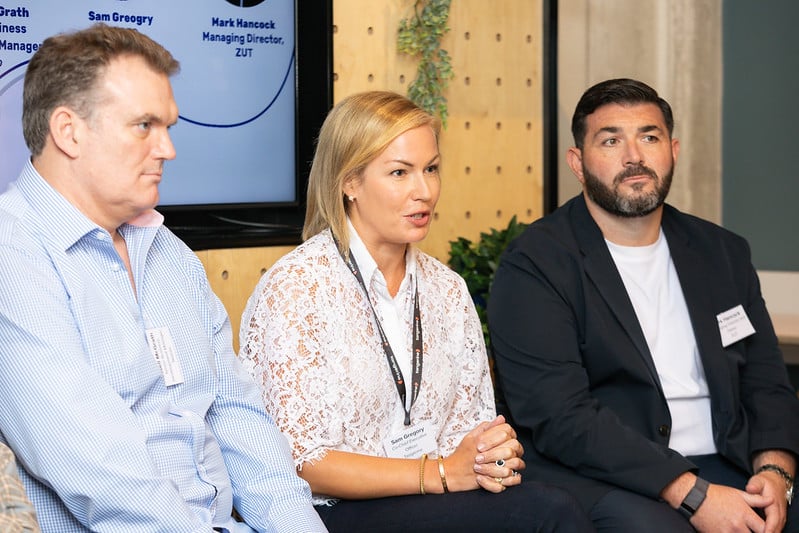
Although it felt “scary” as one of the first agencies to embrace employee-ownership, it was a decision that was well researched and it has worked “incredibly well” for Tangerine: “We’ve at least doubled in that time, maybe even tripled – we’ve grown hugely.”
Also taking the plunge into employee-ownership recently is Engage Interactive. Willcocks says employee-ownership is still “a bit under the radar” but after detailed research, knew it was the right decision for Engage especially when it came to retaining the agency’s culture.
“You retain the culture, you retain the team, everyone’s got a meaningful stake in the ongoing success of the business,” he explains, adding that he is “really excited” now in his role as MD.
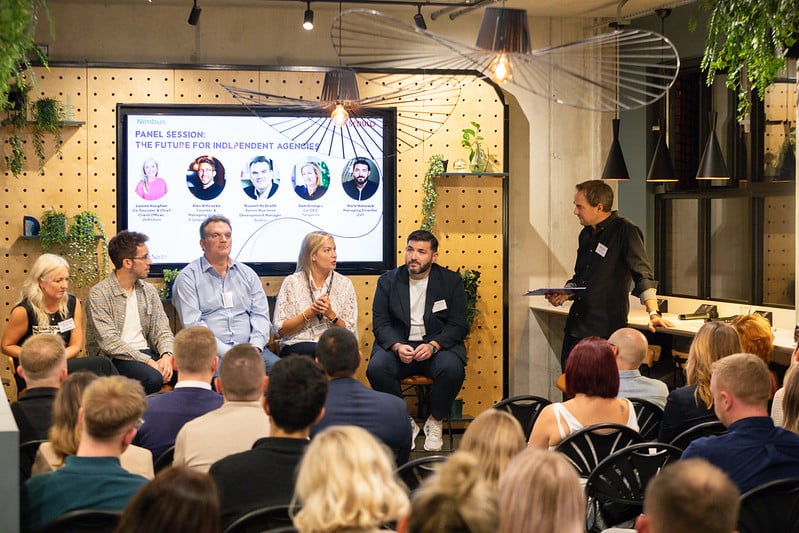
Vaughan (Definition) explains the agency’s buy and build strategy “ultimately delivers a lot more value longer-term” for clients, plus retaining and rewarding the team, with all leaders “invested in that future growth journey”.
Wrapping up the panel, the leaders discussed some of their challenges such as raising funds for growth as a smaller independent agency as risk “isn’t attractive to funding organisations”.
They agreed the impact AI is having on the sector is also a “mixture of a huge risk and opportunity” yet being an independent agency means a business can react “very quickly” to those challenges such as building proprietary tech or identifying where staff need training.
Scaling a business can remain an “ongoing challenge” for independent agency leaders, as is sourcing the right talent to grow which everyone should keep a “close eye on”.
Event partners

